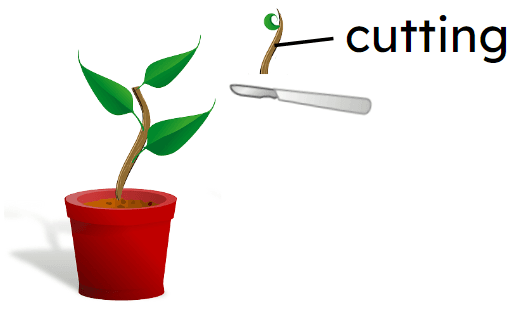Meristem cells in plants
I can explain what meristem cells are and give examples of where they are found in plants.
Meristem cells in plants
I can explain what meristem cells are and give examples of where they are found in plants.
These resources will be removed by end of Summer Term 2025.
Lesson details
Key learning points
- Plants have unspecialised cells called meristem cells, which are located in the stem and the tips of roots and shoots.
- Meristem cells in roots and shoots divide and differentiate to enable roots and shoots to grow longer and wider.
- Meristem cells in the shoots also divide and differentiate to make leaves and flowers.
- Meristem cells in the stem and roots also divide and differentiate to make tissues such as xylem and phloem.
- Meristem tissue can be used to produce clones for crops or to protect endangered species.
Keywords
Meristem - unspecialised cells that undergo mitosis and can differentiate into any type of plant cell
Shoot - where new plant growth occurs above the ground
Root - where new plant growth occurs underground
Xylem - a plant tissue that transports water upwards through the plant
Phloem - a plant tissue that transports sugars through the plant
Common misconception
Roots are not a tissue of the plant, or contain living cells, also that wood is not made of living cells.
Show the cells of roots and how they divide to allow the length and width of the root to grow; also the rings on trees that indicate new cell division in the trunk of a tree.
To help you plan your year 10 combined science lesson on: Meristem cells in plants, download all teaching resources for free and adapt to suit your pupils' needs...
To help you plan your year 10 combined science lesson on: Meristem cells in plants, download all teaching resources for free and adapt to suit your pupils' needs.
The starter quiz will activate and check your pupils' prior knowledge, with versions available both with and without answers in PDF format.
We use learning cycles to break down learning into key concepts or ideas linked to the learning outcome. Each learning cycle features explanations with checks for understanding and practice tasks with feedback. All of this is found in our slide decks, ready for you to download and edit. The practice tasks are also available as printable worksheets and some lessons have additional materials with extra material you might need for teaching the lesson.
The assessment exit quiz will test your pupils' understanding of the key learning points.
Our video is a tool for planning, showing how other teachers might teach the lesson, offering helpful tips, modelled explanations and inspiration for your own delivery in the classroom. Plus, you can set it as homework or revision for pupils and keep their learning on track by sharing an online pupil version of this lesson.
Explore more key stage 4 combined science lessons from the Stem cells and differentiation unit, dive into the full secondary combined science curriculum, or learn more about lesson planning.

Equipment
None required.
Licence
Starter quiz
6 Questions

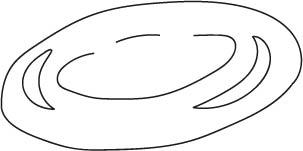
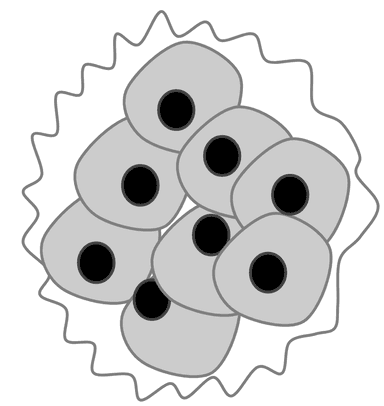
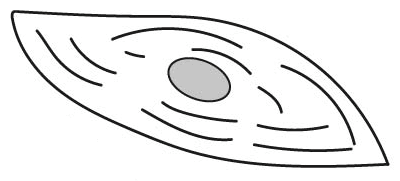







Exit quiz
6 Questions

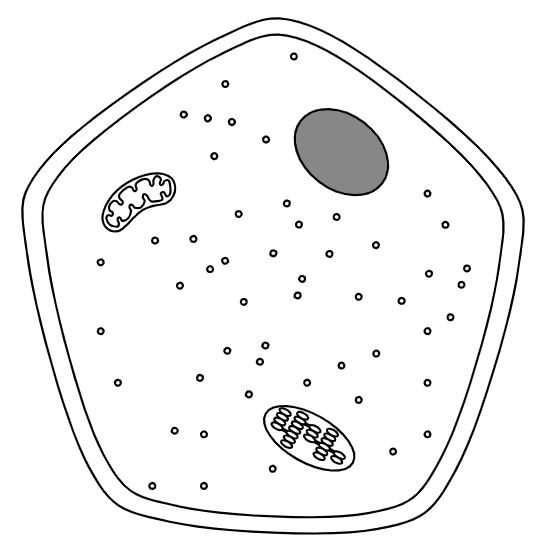

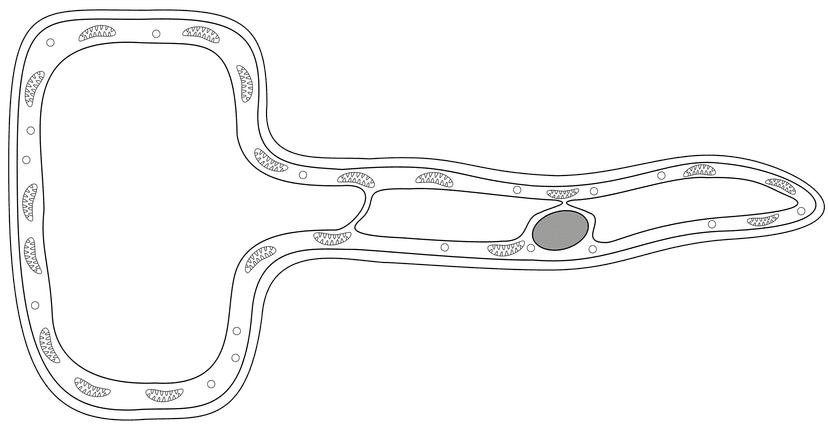







turns meristem cells into specialised cells
increases the size of specialised cells
makes more meristem cells
